Self-Monitoring to Recognize Cravings Early
Identifying Triggers and Modifying Behavioral Patterns to Bolster Sobriety
Get Help Today.
What Is Self-Monitoring?
Self-monitoring is one of the primary interventions of cognitive behavioral therapy. The basic strategy is to create an objective record of the client’s thoughts and behaviors so he or she can confront the results of his or her actions on a regular basis. In substance abuse treatment, this process works to expand the client’s realization of the things that are influencing his or her addictive behaviors. In gaining a more accurate perspective of personal behaviors and responses to outside stimuli, clients are enabled to manage and overcome their addiction.
Although self-monitoring is generally a very advantageous intervention in addiction recovery, a person who is a high self-monitor is more likely to be motivated by the negative or positive response of a therapist in regards to their behavioral patterns. A person who is a low self-monitor is less likely to find the process motivating and is, therefore, less likely to modify their behavior as a result.
The Importance of Recognizing Cravings Early
Skills gained from cognitive behavioral therapy include learning to recognize cravings early. This is essential for long-term maintenance of sobriety as it requires that the client and therapist work together to identify triggers that cause cravings. These may include particular people, places, objects, or times.
Once these triggers have been identified, the client and therapist can develop strategies for coping with them and make specific detailed plans that will help the client manage cravings and avoid high-risk situations.
Benefits of Self-Monitoring in Addiction Recovery
Self-monitoring in drug and alcohol rehab provides a host of benefits for clients that can aid in relapse prevention and sobriety maintenance.
- Self-monitoring directly combats denial. Many individuals who are suffering from addiction are in denial about their substance abuse. They don’t believe they have a problem, therefore there is no reason to change. The practice of self-monitoring makes it extremely difficult for a person to ignore their harmful behaviors and challenges them to address and modify their actions.
- Self-monitoring provides motivation to change. Once clients are made aware of their behaviors, they are more motivated to change them, especially if the positive feedback from their peers, loved ones, or therapist is important to them.
- Self-monitoring helps clients and therapists identify high-risk situations. By keeping a record of personal behaviors, clients and therapists are able to work together to identify and address high-risk situations that trigger cravings and then develop a strategy to respond to those situations.
- Keeping track of personal behaviors helps people in recovery achieve their sobriety goals. Monitoring personal behavior is a highly effective strategy for achieving goals and is a great habit for individuals in recovery to practice before re-entering society on their own.
- Self-monitoring helps clients and therapists monitor progress. In reviewing a client’s journal entries or homework assignments, the client and therapist can clearly see how the client has changed and progressed over time. When combined with goal-setting interventions, self-monitoring can be a powerful tool for change and can serve as evidence of personal growth over time.
- Self-monitoring improves insight. When coupled with feedback from a therapist, self-monitoring provides an incredible amount of insight into the thoughts and behaviors of the client. This is especially beneficial for those who are resistant to change or who have yet to accept that they have a problem.
Strategies for Self-Monitoring
Self-monitoring can take on a number of different forms in drug and alcohol rehab. The strategy that works best will vary based on the individual and his or her circumstances. In some instances, a therapist may ask that a client keep a journal detailing their daily thoughts and behaviors. Homework assignments are also a common intervention used with cognitive behavioral therapy and can provide more opportunities for self-monitoring. Clients who would like to independently self-monitor after completing a rehab program may also choose to create a personal blog, continue journaling, or use sobriety apps on their smartphones to monitor their progress.
Call Us Now and Begin Healing at (512) 605-2955
Or text us and we will call you right back.
Not quite ready for a call? You can fill out the form below.
What Makes Us Different
- Gender-specific treatment
- Evidenced-based treatment
- 12-Step immersion
- 90-day residential treatment
- Family program
- Full continuum of care
- Insurance and private pay
100% Confidential Guarantee
Confidential Consultation
Nova Recovery Center is dedicated to helping you or your loved one get help. Please call or fill out this form for a confidential consultation.
One of our understanding, dedicated advisors will contact you about your options. Begin healing today.
Nova Recovery Center is dedicated to helping you or your loved one get help. Please call or fill out this form for a confidential consultation. One of our understanding, dedicated advisors will contact you about your options. Begin healing today.





